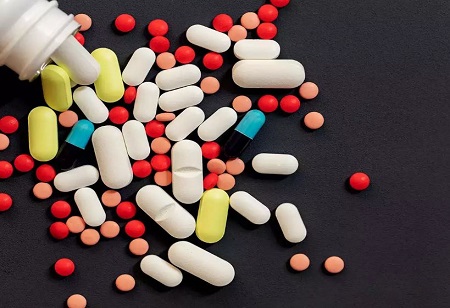India Pharma Outlook Team | Wednesday, 19 July 2023

The Covid-19 pandemic has demonstrated that India has the pharmaceutical capability to deal with any health threat because the country has a robust pharmaceutical industry sector backed by the world's strictest regulatory agency. Although the corona pandemic had a largely negative impact, it also had some positive aspects. The pandemic has brought together the pharmaceutical industry and the government.
Even the government examined corporate industries' routine work, which was superior to what other countries did during the pandemic. "We have a promising future and the potential to grow." But we should not wait for the next pandemic to come together," he said, adding that the industry should adhere to quality standards and work in tandem with regulatory agencies. "India has massive pharma industries, which have helped the country become a significant contributor to the GDP."
Because of the industry's passion and the government's strict regulation, India has the potential to become the world's largest participant in pharmaceutical trade, supplying medicines and vaccines to over 200 countries. "The country's regulatory body is currently engaged in the process of regulatory harmonisation," he added. Pointing to the performance of the small and medium enterprises, the DCGI said proper regulation is inevitable to maintain the quality of the products manufactured by Indian companies as the regulators have found that there are a group of companies which are not analyzing the materials they procure for formulation making. The process of sterilization is not properly maintained in many companies.
The reason is not technical, but the mind-set of the industry people, the DCGI said. Clinicians, he claims, are generally unconcerned about the quality of the drugs they prescribe. However, the manufacturer should be aware of all pharmacopoeia specifications for manufacturing. The regulatory body should ask the companies to correct the anomalies. He reminded the manufacturers that unlike previous regulators, the present DCGI will not act like facilitators because the regulator's job is to regulate the production process and not to facilitate the manufacturers to manufacture as they think.